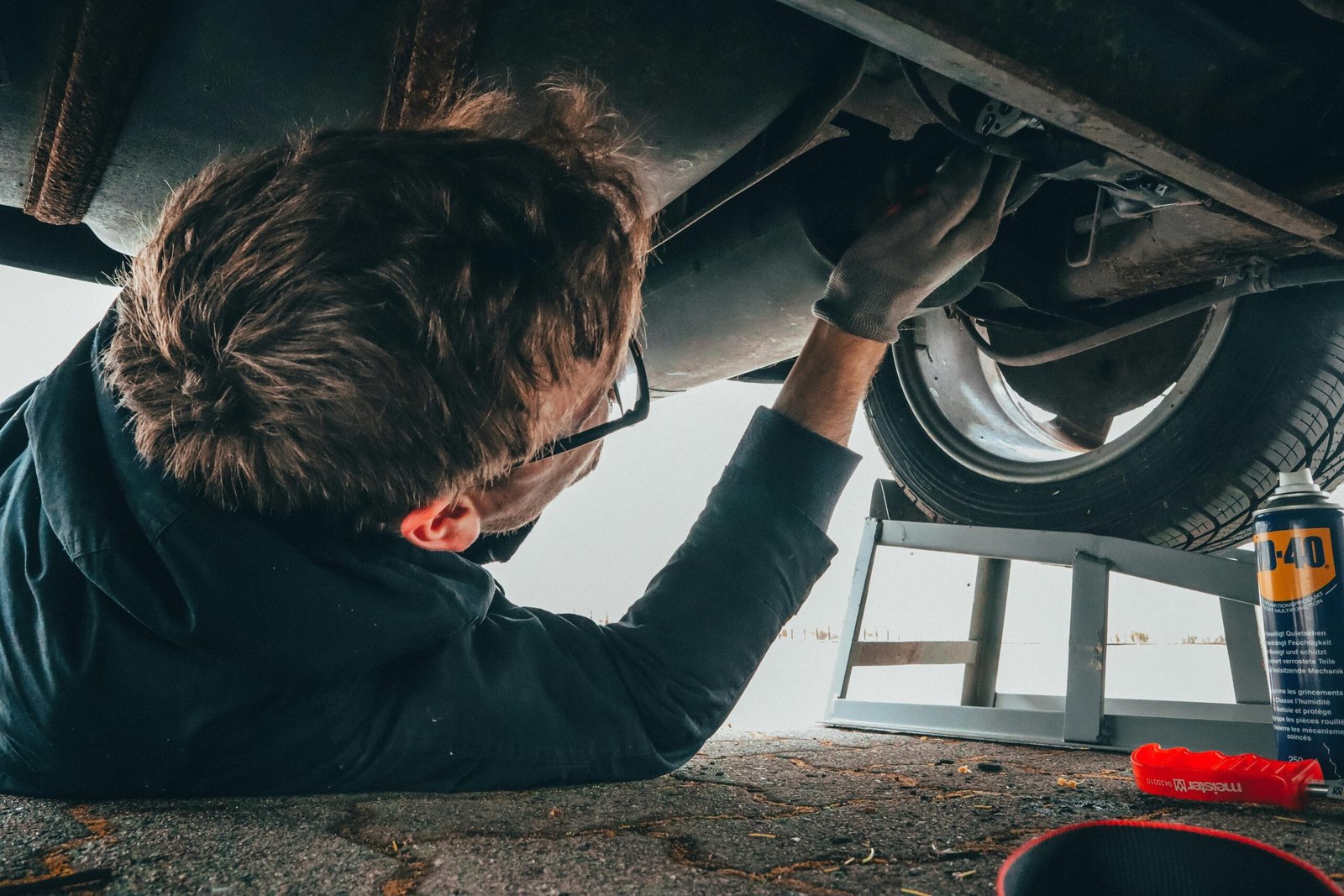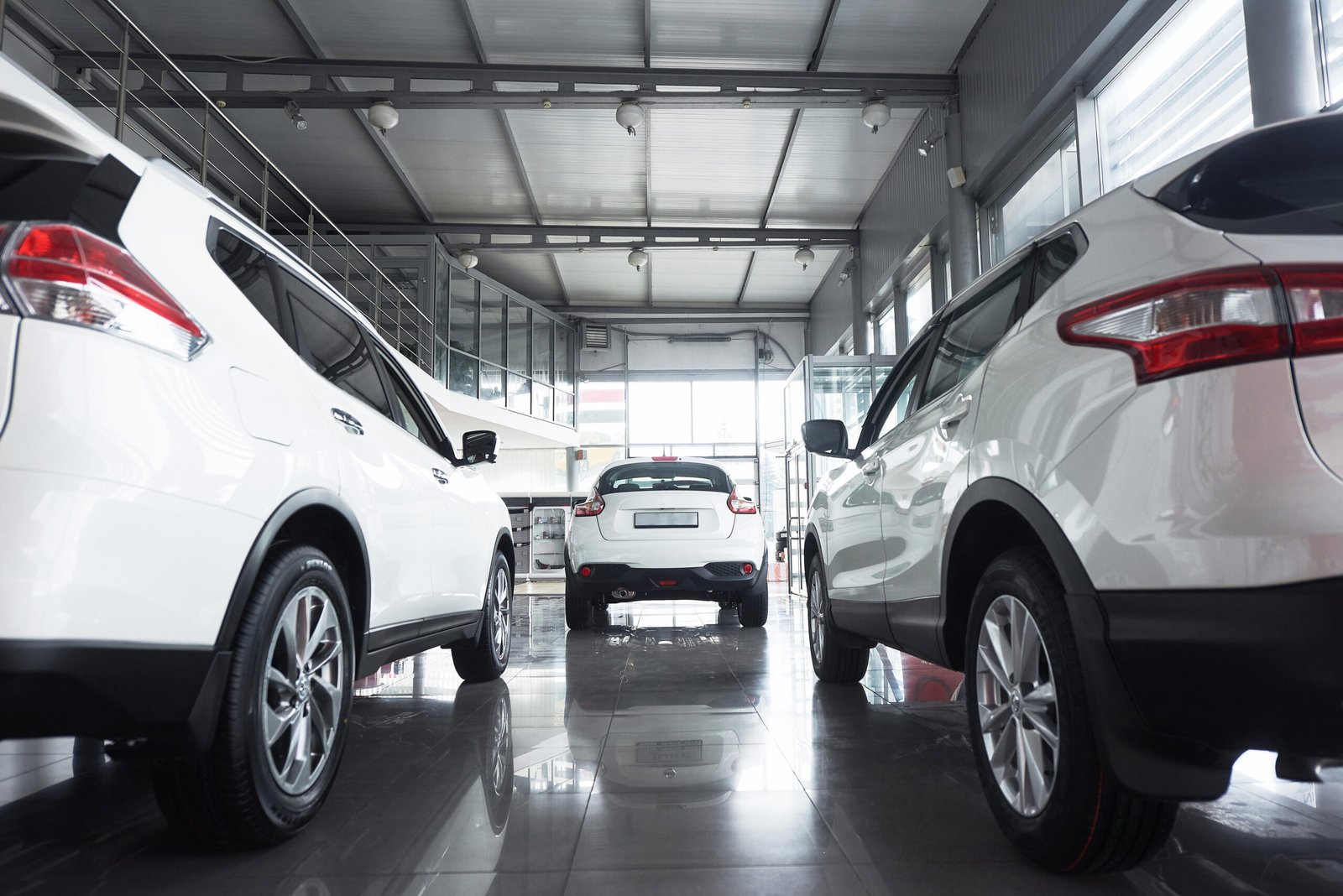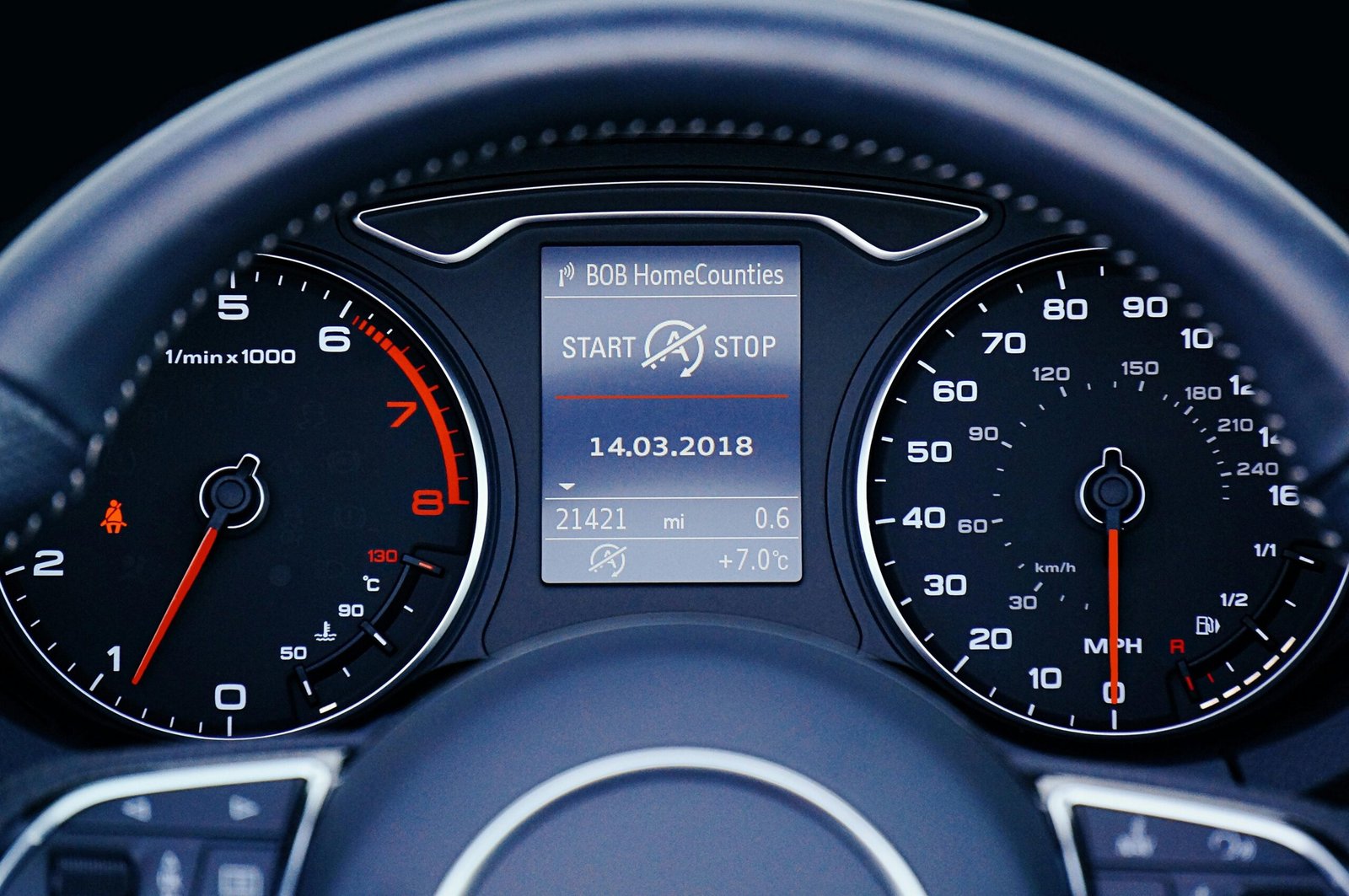Introduction to Car Repair Insurance
What is Car Repair Insurance?
Car repair insurance, also known as mechanical breakdown insurance (MBI), is a specialized type of coverage that focuses on the mechanical aspects of your vehicle. Unlike standard auto insurance, which covers accidents and external damage, car repair insurance is designed to cover the cost of repairs that your vehicle might need due to mechanical failure or breakdown. This coverage is particularly important as vehicles age and the likelihood of mechanical issues increases. It can be a financial lifesaver, particularly for those who own high-end or older vehicles where repair costs can be prohibitively expensive.
Differences Between Car Repair Insurance and Warranties
The primary difference between car repair insurance and warranties lies in their nature and scope. A warranty, typically provided by the manufacturer or dealer, is a guarantee against defects and malfunctions for a certain period or mileage. In contrast, car repair insurance is an insurance product that you purchase to cover repair costs due to wear and tear or mechanical failure, often beyond the manufacturer’s warranty period. Moreover, while warranties are limited to specific parts and conditions outlined by the manufacturer, car repair insurance policies can be more comprehensive and customizable.
Coverage Offered by Car Repair Insurance
Car repair insurance policies can vary widely in their coverage. Standard policies typically cover major vehicle systems such as the engine, transmission, and drive axles. More comprehensive plans might include electrical systems, air conditioning, brakes, and even technology components like navigation systems. It’s important to note that these policies usually don’t cover routine maintenance or wear-and-tear items like brake pads and tires.
Choosing the Right Car Repair Insurance Policy
Selecting the right car repair insurance policy requires careful consideration. Key factors to consider include the range of coverage (what is and isn’t covered), the deductible amount (how much you’ll pay out-of-pocket before coverage kicks in), policy limits (maximum amount the policy will pay), and the insurer’s reputation and customer service record. Additionally, the ease of filing a claim and the flexibility in choosing repair facilities can be important considerations.
Cost of Car Repair Insurance
The cost of car repair insurance varies based on several factors, such as the make and model of the vehicle, its age and mileage, the type and extent of coverage, and the driver’s location and driving history. Generally, newer, more expensive, or less reliable vehicles tend to have higher insurance premiums. It’s essential to weigh the cost of the insurance against the potential repair costs to determine if it’s a financially sound decision.
Pros and Cons of Car Repair Insurance
Pros:
- Financial Security: Provides a safety net against unexpected and potentially expensive repairs.
- Customization: Policies can often be tailored to specific needs and preferences.
- Added Value: Can increase the resale value of the vehicle, as some policies are transferable.
Cons:
- Additional Expense: For some, especially those with newer or highly reliable vehicles, the cost may outweigh the benefits.
- Coverage Limits: Some policies have exclusions and limitations that might not cover all types of repairs.
- Deductibles: High deductibles can reduce the financial benefit of smaller repairs.
How to Claim Car Repair Insurance
Filing a claim for car repair insurance typically involves several steps. Initially, you should contact your insurance provider as soon as a problem arises. The insurer will usually require a detailed repair estimate, which you can obtain from a mechanic. After reviewing the claim, the insurer will indicate whether the repair is covered and guide you through the process of getting the repair done. It’s important to understand your policy’s specific requirements for claim filing and approval.
FAQs on Car Repair Insurance
Q: What does car repair insurance cover?
A: It covers mechanical breakdowns, including engine, transmission, electrical systems, and more, depending on the policy.
Q: Is car repair insurance worth it?
A: It depends on your vehicle’s age, reliability, and your financial situation. It can be beneficial for those with higher-end or less reliable vehicles.
Q: How is car repair insurance different from a warranty?
A: Unlike warranties, car repair insurance covers wear-and-tear issues and can extend beyond the manufacturer’s warranty period.
Conclusion
Car repair insurance can be a valuable tool for managing the financial risk of vehicle ownership, especially as cars age and become more prone to mechanical issues. By understanding the different aspects of this insurance, from what it covers to how to choose the right policy, car owners can make informed decisions that best suit their needs and circumstances.




